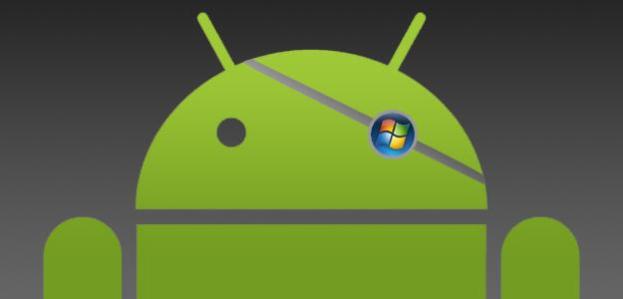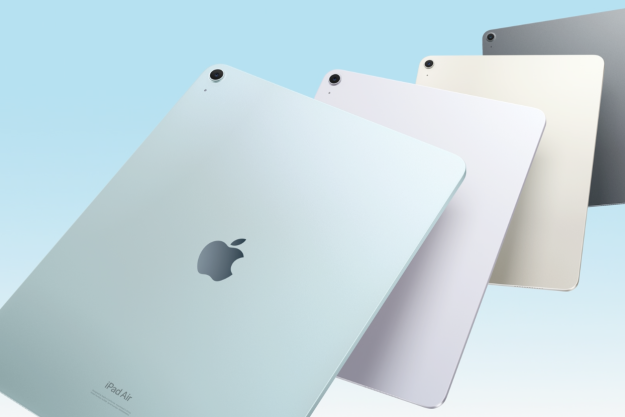
Microsoft has signed Taiwanese electronics giant Foxconn to its Android and Chrome patent licensing program. While the exact terms of the deal haven’t been made public, it’ll mean Foxconn will pay royalties to Microsoft for any of their devices running the Android or Chrome operating systems.
This isn’t anything new. In the last decade alone, Microsoft has made more than 1,100 patent licensing agreements for just this kind of deal: if you wanna use Android or Chrome OS on your device, you’ve gotta pay up to Microsoft. And although Google can attest to developing both operating systems in question, Microsoft’s licensing agreements let other companies keep on using it without fear of being sued. In fact, Microsoft actually filed a suit against Foxconn and Barnes & Noble back in 2011 over the Nook’s then-patent-infringing software.
Though it’s best known for manufacturing iPhones, Foxconn also assembles Amazon’s Kindle tablets, as well as phones for Huawei, Motorola, and Nokia. Partnering with Microsoft may leave them hurting for a little while over the new royalties, but it protects them from far greater losses in a skyrocketing mobile industry that’s already fraught with lawsuits. With individual apps like Snapchat getting into hot legal water even as their profits erupt, it’s only a matter of time before the next huge lawsuit against a major manufacturer goes down.
That’s one of the problems with this kind of rapid industry growth – the big lawsuits can bring you down a lot, in both profit margin and the public eye. Microsoft’s not going down any time soon, but with the kind of no-nonsense attitude they’ve shown recently (like that whole “Deal with it” debacle), it’s entirely possible that any suit they open up could spell disaster for an industry competitor – even a small-scale megastar like Foxconn.

